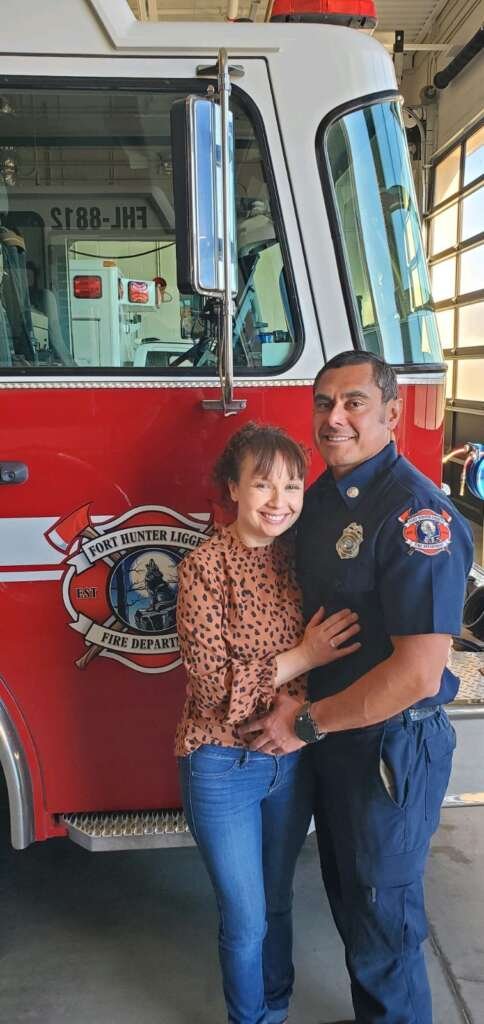
OUR PURPOSE
I founded this foundation after the passing of my husband, Frank. I learned a lot about mental health as a fire wife for 15 years. I can’t say I know precisely what first responders feel and go through, but I know, on my side, how it is.It can be incredibly challenging for a wife or partner to experience. They endure hardships that our society may not fully recognize or acknowledge.. First responders see so much that it affects them in all different ways immensely. Sometimes, our society perceives them as their job, so they should be able to handle it, but that’s not the case. There is so much stigma about how first responders should be in the public eye. In public, they portray themselves as mentally strong when they may be bottling a lot up from what they have seen and gone through. We don’t know what goes on after their shift is over. Flashbacks, traumatic visions, nightmares, and more are common experiences in such situations. It builds to the point where they don’t know how to handle it and don’t want to say anything. Unhealthy habits often emerge as ways to numb the pain or escape from nightmares and distressing visions. Another issue we need to help our first responders with is to assure them that it’s okay that you are not okay. You are not alone. Many hold back for many reasons:
- Judgment.
- Feeling weak, some may think others are less of them.
- Feeling that they are less competent to do their job.
- Feeling they may lose their jobs.

